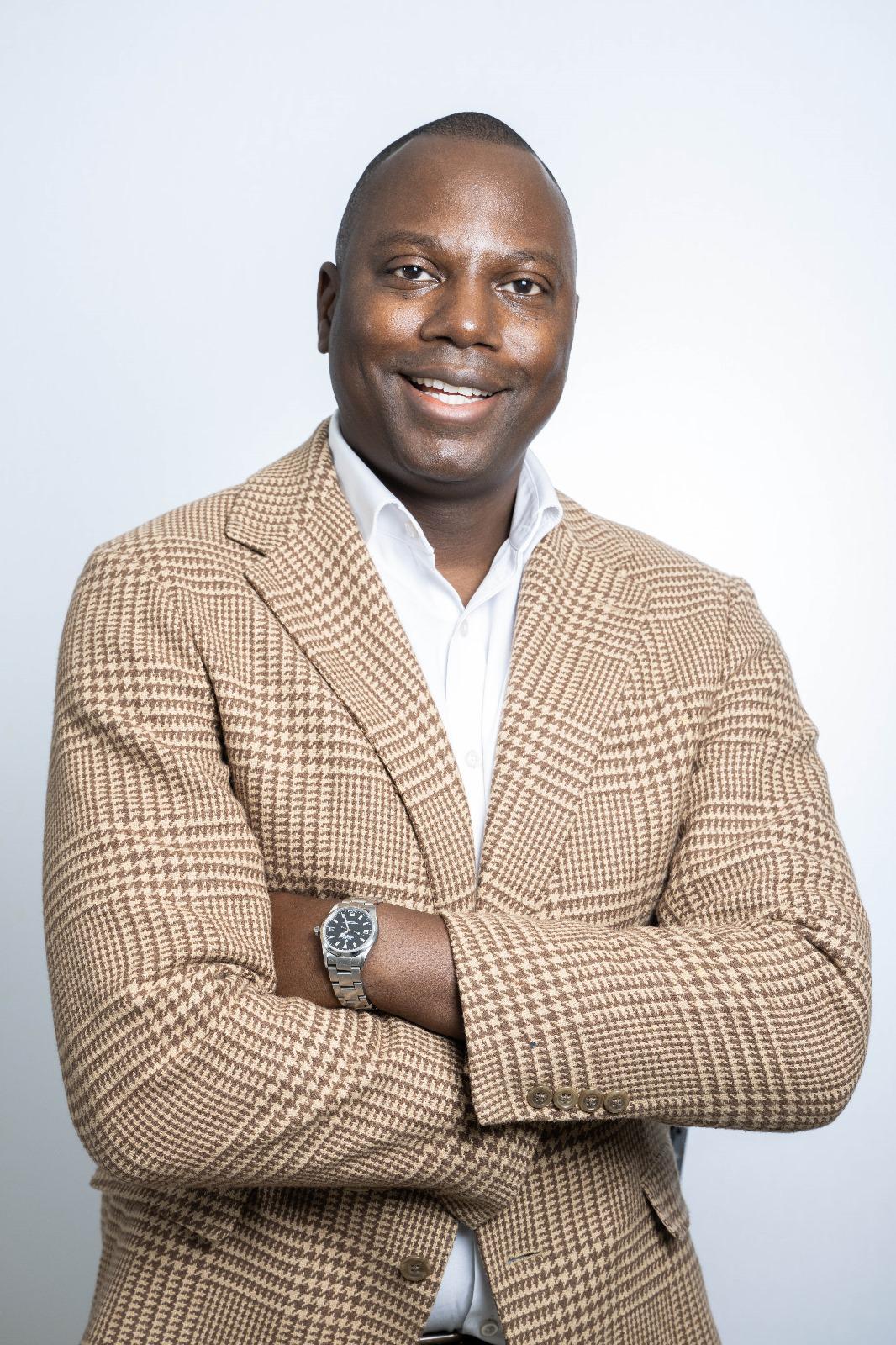As Nigeria continues its quest for national transformation, branding and strategy expert Babatunde Awopetu joined TVC’s Breakfast Show to share insights on how the country can reposition itself for global relevance and sustainable development.
In a wide-ranging interview, Awopetu emphasised the urgent need for a coordinated rebranding effort—one that tells a compelling story of Nigeria’s potential, resilience, and future ambitions.
He called on both government and citizens to play active roles in reshaping the nation’s image, drawing parallels with countries like Ghana and Rwanda that have successfully redefined their narratives on the global stage.
Tell us more about this issue of rebranding the country. We’ve seen a lot from different administrations. How can the country be rebranded that will bring about more development, more dividends of democracy to Nigerians?
Well, wonderful. I think it’s a great question, this issue about rebranding. First of all, I think the thing is that this is a great country with great ingredients, characteristics to really thrive in the modern global environment. And the issue of rebranding is about how do we make sure that we package and tell the story about the country outside of Nigeria, within Nigeria in a positive way that allows us to get our fair share on the global stage.
Now, when we look at Nigeria, we have some wonderful resources. We have great talent, culture, amazing resilience. And when you talk about innovation, the ability to innovate and to find solutions, not to talk about the natural can-do attitude.
The challenge we have is that these positive elements or stories need to be put together, need to be told in a consistent way internally and externally. We have to tell the story about Nigeria, not where we were, not even where we are, but about where we are going. And I think this is where we really need a coordinated story led by the leadership to allow the country to tell the story and to brand in a way that’s visionary about where we’re going rather than where we’re coming from.
I like the fact that you said that the country is great, but we are a country filled with over 200 million people. Where do we even start? And especially seeing that we have deep structural challenges.
Yeah, so I think that to pretend or to ignore the obvious challenges that we have as a country would not be credible. So there’s no question. And I think that the work to fix some of these structural challenges need to be going on. Having said that, I think that we cannot wait until everything is fixed before we really start to tell the story and to brand in a positive way. So the two need to occur simultaneously.
And I think that when the emphasis is on all the positive elements of the country, it’s not because of a pretense that there are not challenges or that there are not difficulties that we face as a country. But it’s saying that it is also an important job to tell the positive story about the country.
We have a lot to say because it is inevitable that there is much greater days ahead for Nigeria as a country than we’ve seen so far. And I think that the preparation for those days is also about starting to get us as a country to believe and to tell the stories and to start to harness some of the positive green shoots that we can already see.
How can Nigerians imbibe this culture of this positivity? At what point can Nigerians truly wake up to the reality and preach about Nigeria and do things that will bring positive change to the country?
So I think that you’re right in the sense that if we’re going to be able to do this in the way we want, it’s going to require every individual Nigerian to participate.
And I think that it is our job as Nigerians to tell a positive story about our great country. It doesn’t mean that we cannot acknowledge challenges that we have, but if we don’t tell a positive story about our country, we cannot expect those outside of the country to tell a positive story about the country.
And as I’ve mentioned earlier, there are positive elements and we do have to accentuate the positivity, the greatness, the culture, the resilience, the innovation, the work ethic, and some of these elements that we have, which ultimately without a doubt means that this country has the right to play a significant role on a global stage.
African countries like Ghana and Rwanda have successfully rebranded their nation, and frankly, they are still doing so. What do you think that we can learn from them over the years?
So I think that the key thing is this combination of we need a bottom-up and a top-down element to come together. So we need the vision and the direction from the leadership to own this. And then we need to make sure that when that we really change the mindset that we are positive about our country and that we realise that being positive about our country is in the interest of each and every single Nigerian and Nigeria as a country as a whole.
So we have to tell positive stories about the things that are going well and the areas where we’re evolving. And I think this is what some of the other countries have been able to do. There comes a point where there’s enough reality that people can observe that allows this to cross the threshold and we really start to see the impact that we want.
But I generally feel that in the global changing environment that we have at the moment, this is a moment that we really can begin to make this change.
Well, how can an ordinary Nigerian wake up in the morning and say, God bless Nigeria? For a typical American, he or she will say, God bless America. And when these Nigerians are seeing the negative points, at what point can they wake up to the reality and say, despite what I’m seeing in the country, I know that the country can be great again?
It’s an interesting point that you raise because, being positive, actually, I think it’s something that we Nigerians naturally do and have within us. Very resilient. But I think there is sometimes a tendency when it comes to talking about our country that we sometimes overemphasise and focus on the things that are wrong.
And we accept that there are definitely challenges. But our way out of the challenges is to talk more about the things that are going wrong. I mean, America, lots of countries have challenges. But in the midst of the challenges, people still understand the importance that it is our job to sell our country. It’s our job to help others to understand the greatness that lies within Nigeria.
Is here a thing that you can do or Nigerians can do to work on their mindsets?
Yeah, I think the key thing is that we are all shelters in this great country, and it’s our job as individuals, regardless of where we sit, to sell and to accentuate the positive story about this country. If we don’t do it, people outside of Nigeria are not going to do it. And they take the lead from us.
And it’s up to us to sum up and tell the story of what this great country has to offer. And we all know Nigeria has a lot to offer, is offering a lot, and it, without a shadow of a doubt, has a very bright future. But of course, there are challenges in our way.
And we just need to make sure we talk more about the bright future that we’re going to and less about the challenges, and find a way to really make sure that when we’re talking about the country, it’s 80% praise and maybe 20% criticising it.







Comment
No comments found.